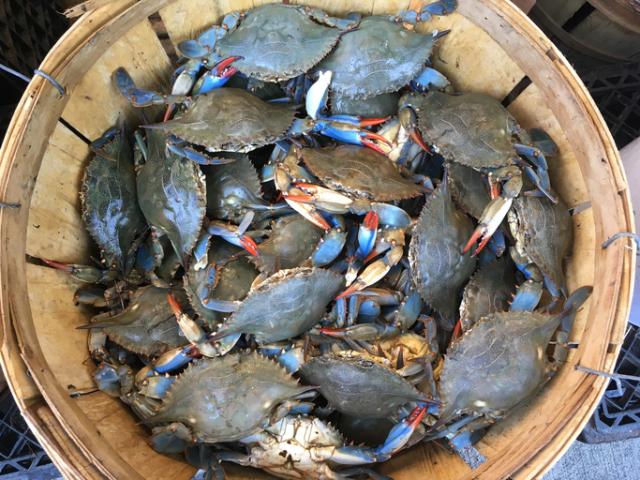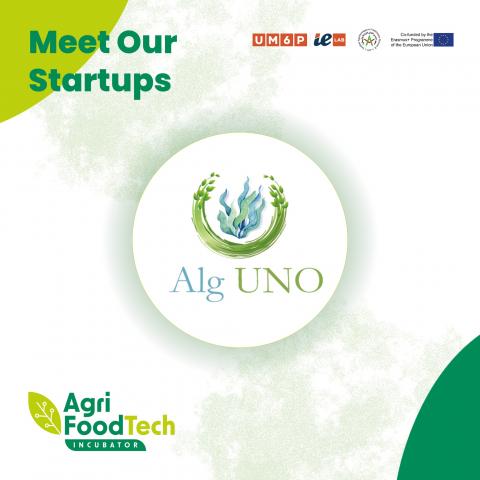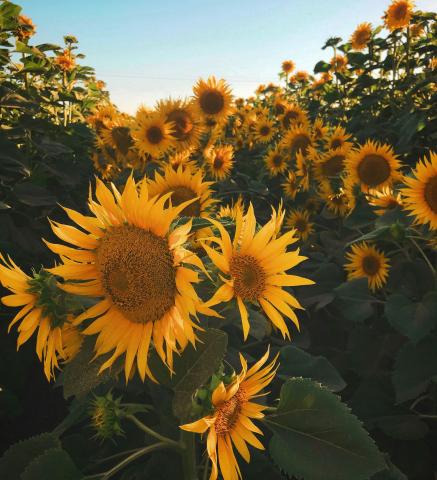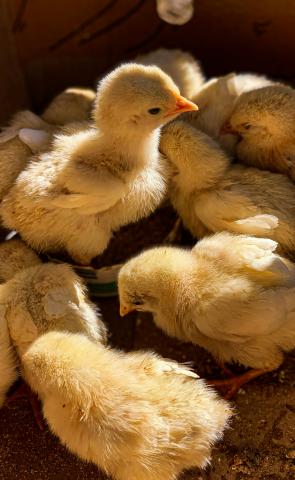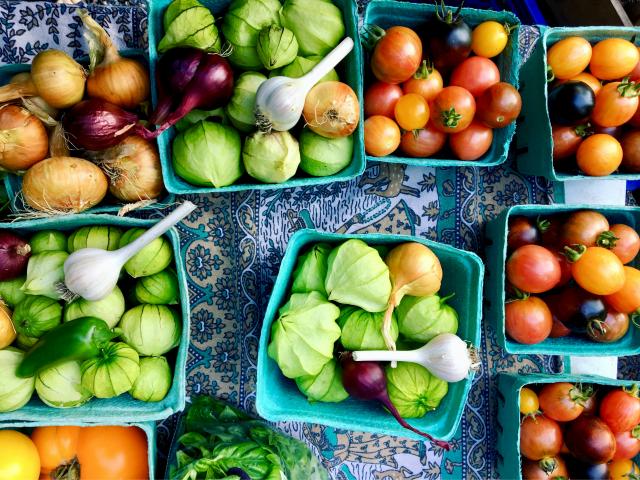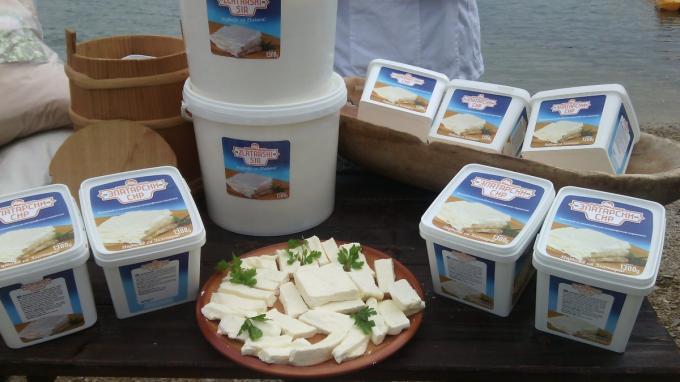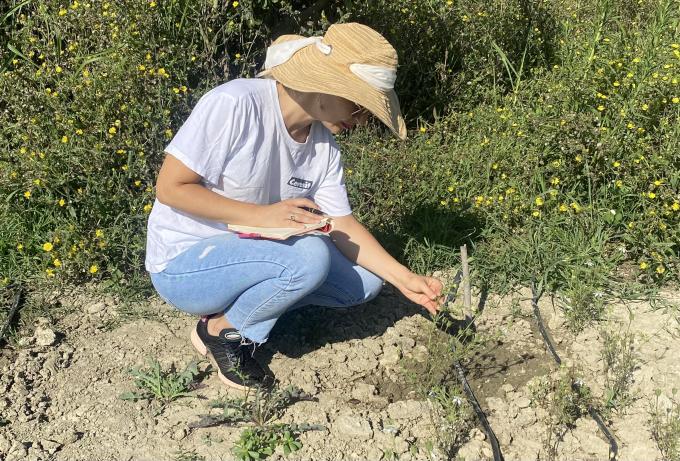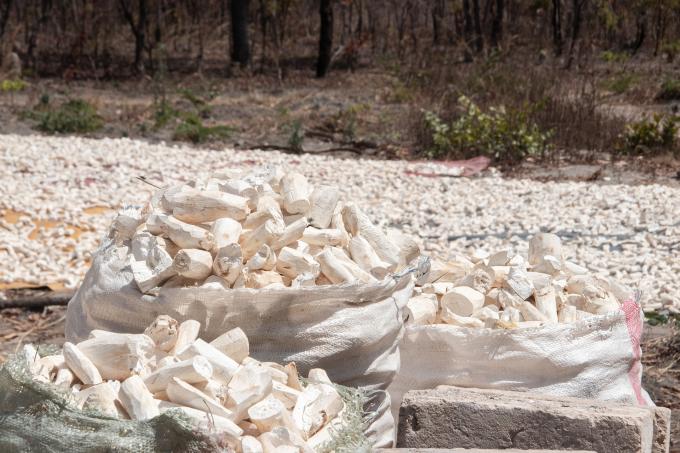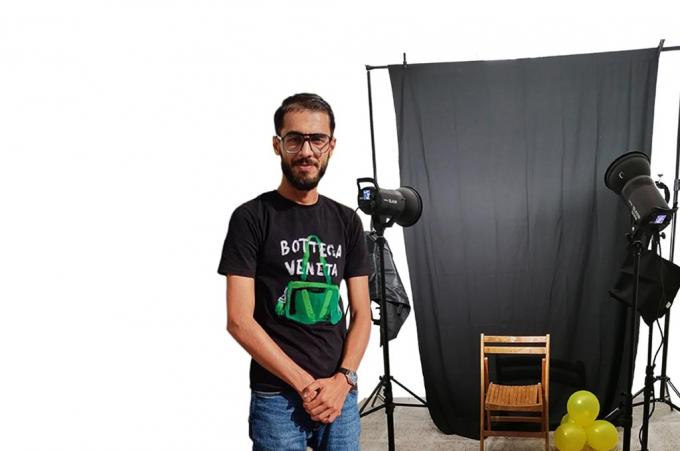STORIES
|
Italy’s Farming ItalyThere are corners of the Mediterranean that are once again speaking the language of the land. Young women, agronomists, and food artisans are rewriting the relationship between agriculture, communication, and identity, demonstrating that sowing and ...Read more >> |
|
Keeping Food Moving in Sudan SudanSudan is sliding towards hunger. A war that erupted in April 2023 has ripped through markets, scattered workers, and choked supply lines. The economy has shrunk brutally—real GDP is estimated to have fallen by about 29.4% in 2023 and a further ...Read more >> |
|
Xylella, the Threat Italy“Officially, everything seems under control,” warns Vincenzo Verrastro, Scientific Administrator at CIHEAM Bari. “But in reality, the situation is very different.” |
|
How Polluting Is ChatGPT? Artificial Intelligence has become our helpful digital sidekick—writing emails, solving equations, even telling us whether it’s harming the planet. But in the era of climate emergencies and carbon calculators, there’s an awkward question we can’t ...Read more >> |
|
A Lebanese Cedar Elegy LebanonIn Lebanon, the cedar is more than a tree—it is a national emblem, standing proudly at the center of the country’s flag. A symbol of resilience, deeply woven into the nation’s identity, the cedar has withstood centuries of change. It thrives in the ...Read more >> |
|
The Wind and the Lamb CroatiaWhere Tourism Overwhelms Tradition
|
|
Climate Migration: The Overlooked Crisis In a world gripped by conflict and displacement, climate migration remains an underestimated crisis. Wars and political upheaval dominate the refugee debate, but millions are forced to flee each year for an entirely different reason: their land is ...Read more >> |
|
The Agri-Food Paradox of 2024: Growth Amidst Hunger This year has been a study in contrasts for global agri-food systems. On one hand, food production has surged ahead of population growth. With a global production growth rate of 2.5% far outpacing the world’s population increase of 0.87% ...Read more >> |
|
Blue Crab Crisis: Threat or Opportunity? TunisiaIt can be described as a species substitution. It has arrived in the Mediterranean Sea from other parts of the World and found the right conditions to proliferate. But the consequences for fisheries are disastrous, with millions of euros of ...Read more >> |
|
The power of seaweed against unemployment and pollution MoroccoFarmers, fishermen, and the local community of the Mediterranean Nador region, located on the northern shore of Morocco, were facing two main problems: lack of income-generating activities (and also low income, especially for women) and soil ...Read more >> |
|
Sunflower Cultivation: A Growing Trend in Egypt EgyptSimplicity, ease of implementation, economic advantages, and social factors are the main features of cultivating oilseed sunflowers. Yet, statistics show that in 2021, this crop was not amongst those grown in the West Minya region, Egypt. However, ...Read more >> |
|
Poultry Villages: A Solution to Gender Inequality in Tribal Areas IndiaWomen belonging to the transhumant tribal population of Jammu and Kashmir in India face several obstacles to leading healthy lives. They are part of various nomadic communities comprising nearly 600,000 people, more than some countries' ...Read more >> |
|
The path to efficiency in Sierra Leone agriculture Sierra leoneAccording to FAO, the agriculture sector employs around 65% of Sierra Leone's labor force and about 75% of its population, with women primarily employed. Almost 5.4 million hectares, 74% of the country's total land area, is considered suitable for ...Read more >> |
|
How tracing the authenticity of Zlatarski cheese made it a sought-after SerbiaMade according to a cherished grandmother's recipe, Zlatar cheese (Zlatarski sir) is a unique product. It is crafted from cow's milk sourced from mountain pastures and a healthy environment, and it takes its name from its production area: the ...Read more >> |
|
How testing the growth AlbaniaNigella Sativa L., also known as black cumin, is an annual flowering medicinal plant whose resulting raw materials have wide-ranging applications, from the food industry to pharmaceuticals and cosmetics.
|
|
Fishermen in the net Albania, Algeria, Egypt, Italy, Lebanon, MoroccoThreatened by climate change and even more by large-scale fisheries, small-scale fishermen in the Mediterranean Sea are at risk of extinction. New generations are increasingly reluctant to follow in their parents' footsteps, and the opportunities ...Read more >> |
|
From subsistence to industry: how cassava production can thrive in coastal Kenya KenyaA staple food in the diet of the communities that inhabit Kenya's semi-arid and coastal regions, cassava needs processing centers to be transformed into flour or a dried product. For the Kifili and Kwale communities near Mombasa, this center is ...Read more >> |
|
|



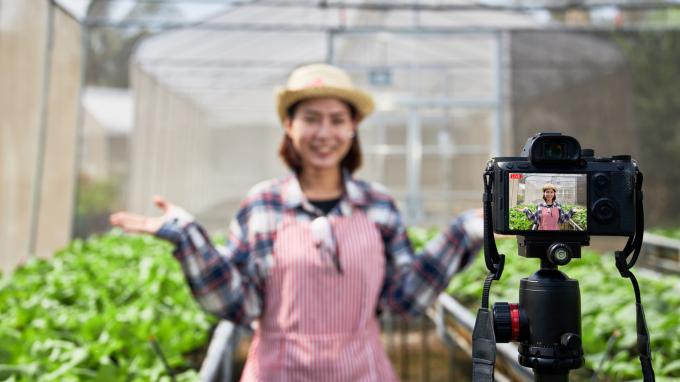

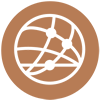
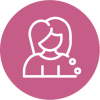


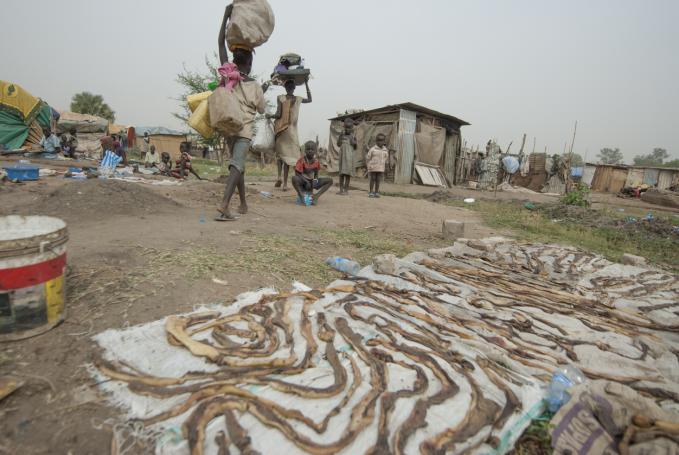


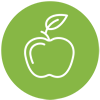


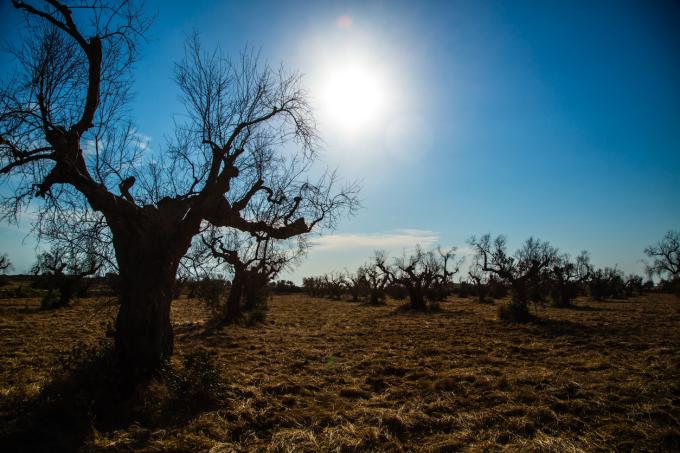

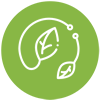
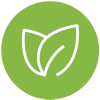

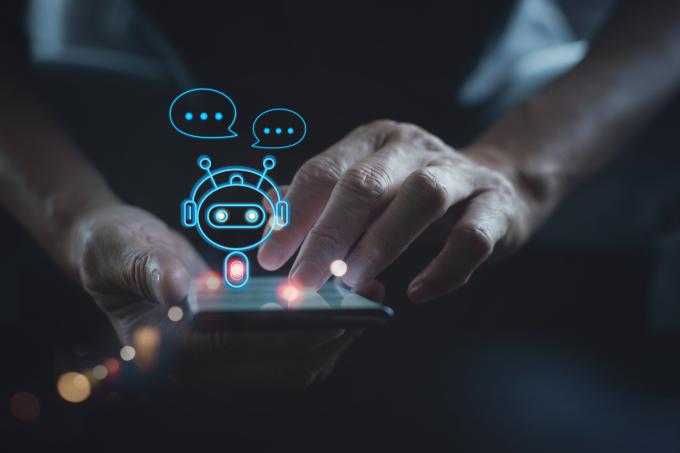


.png)

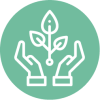
.png)

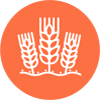



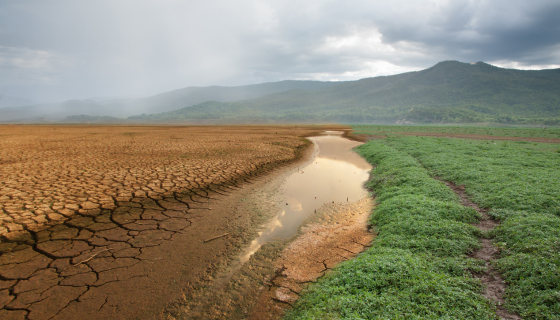
.jpg)

